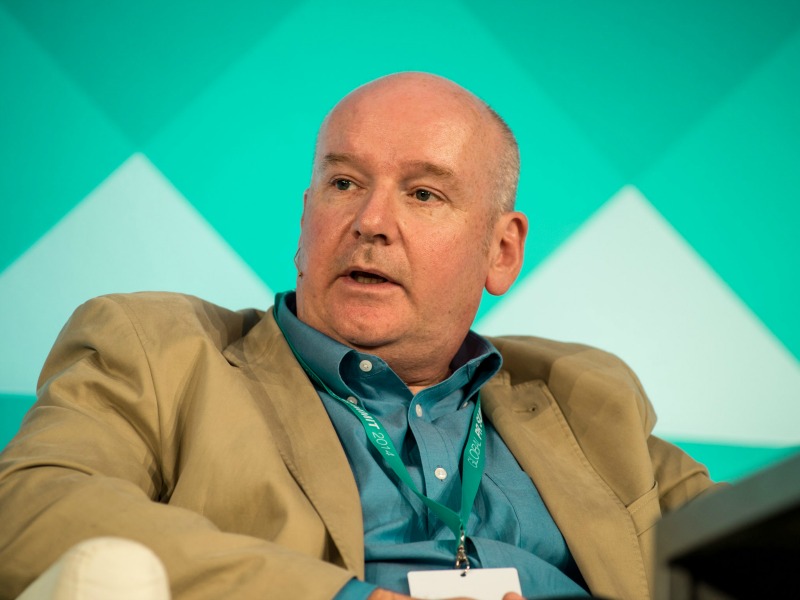Aarti Shah 27 Oct 2014 // 7:30PM GMT

MIAMI — Independent PR firms must be willing to make investments in talent that the publicly-traded agencies cannot match, attendees at the Independent Public Relations Forum heard during a panel on recruiting and integrating talent on the first day of the Global PR Summit.
Chris Lewis, CEO and founder of Lewis PR, advocated for independents to take advantage of the opportunity to re-invest heavily within their organizations at the St. Regis Bal Harbour Resort during a session moderated by senior PR consultant Michael Murphy.
“The independents have to do the things the big agencies can’t do — like justifying a 10% spend on training,” Lewis said. “We don’t think of it as training, we look at it as advertising.”
Lewis argued the PR industry has failed to be “fun” in part by relegating creativity to group brainstorms held mostly in office environments. When asked when their best ideas come to them, most people point to solo moments during their morning shower or while walking their dog. Encouraging this is especially critical in today’s world where PR is tasked with producing entertainment, Lewis added.
“Agency leaders have two jobs: quench thirst and put out fires,” Lewis said. “You’re not there to be the authority, your job is to be the water carrier.”
Mohamed Al Ayed, CEO at TRACCS, made the case for taking a more holistic view of talent that includes all agency resources, including strategies and processes.
Harjiv Singh, co-founder/CEO of Gutenberg Communications, meanwhile pointed out the differences in talent in various geographies. Gutenberg was co-founded simultaneously in New York and New Delhi.
“There are some huge demographic differences,” Singh pointed out, noting the number of young people in the US workforce is declining meanwhile this figure is booming in India. “And the US is a mature market, while the Indian PR market is in its adolescence.”
All the panelists agreed that PR firms have to make efforts to engage talent across all demographic categories — gender, age and nationalities, among others. Beyond this, other panelists pointed to intangible attributes they seek when hiring talent. Hopscotch managing director Nathalie Bernard said the PR industry should seek out curious and flexible people willing to embrace a variety of assignments. Al Ayed, meanwhile, looks for talent who have experienced a “life-changing event” that gives them a new perspective.
Independent PR firms should also be generous with giving away equity because people behave better in organizations when they own part of it.
“Why wouldn’t you do it? This is an industry that has been dominated by the public markets for too long and it’s time we respond to that dominance with a new model,” he said. “Independents tend to lack the confidence to go against the big players, but the days of the big players are coming to an end.”
In separate session, “Fostering Entrepreneurship, Empowering Talent and Driving Innovative Culture” MDC chairman & CEO Miles Nadal talked about his holding company’s model of aligning incentives and rewards.
“Earnouts are the worst thing,” Nadal said. “If you want to create behavior, you need to create a reward. You don’t want the agency owner to think — I should open an office in China, but it might hurt the numbers for my earnout.”
Since being bought by MDC, Allison + Partners has focused on international expansion and Kwittken on creative services. This year, MDC also bought the New York consumer shop Hunter PR.
“We didn’t make the firms better — we gave them the resources to pursue their ambitions,” Nadal said. He added, the publicly-traded model can be applied in way that encourages long-term value rather than only quarterly gains.
“The price of our stock has gone up 17 fold in recent years,” he explained. “But during that time, it has gone up and down and that’s OK. We sold the long-term value to our shareholders. There’s no such thing as perfect quarter-to-quarter growth. It doesn’t work that way.”


































.jpg)

















